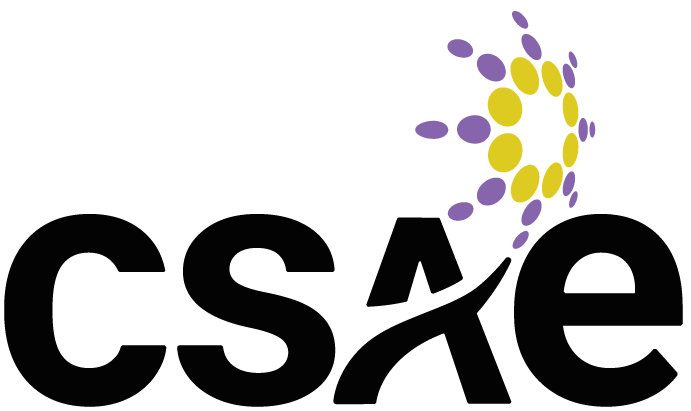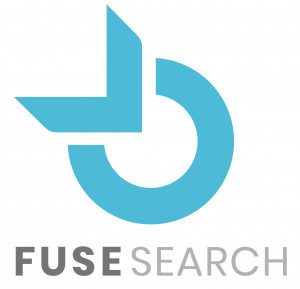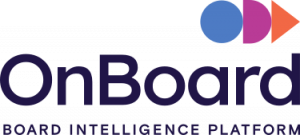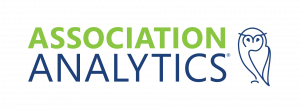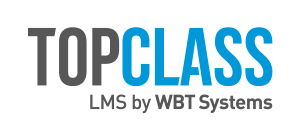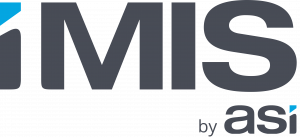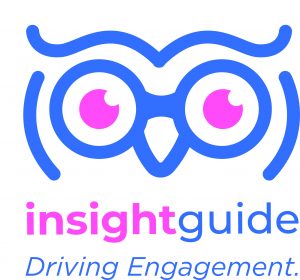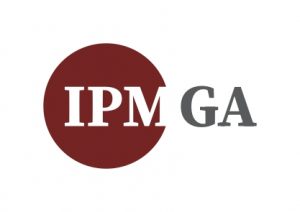Let’s Talk About Mental Health

This year, Bell Let’s Talk Day is Thursday, January 28.
More than ever, it’s important to speak openly and honestly about our collective mental health challenges as we navigate this global pandemic.
As an association leader, you may be feeling a great deal of stress as you grapple with meeting your own personal obligations while focusing on the needs of your employees and members.
Look no further for some expert advice and coping strategies from mental health experts across the country, who shared their insights during a mental health and wellness panel at CSAE’s 2020 Conference. Participants included:
- Dr. Judi Malone, CEO, PAA Psychologists’ Association of Alberta (Moderator)
- Dr. Karen Cohen, CEO, Canadian Psychological Association
- Dr. Kim Curace, President, Canadian Psychological Association
- Dr. Sam Mikhail, Director, Mental Health Solutions, Sunlife
- Dr. Jaleh Shahin, Clinical Psychologist, Upsilon Clinic
12 Expert Tips For Leadership on Mental Health
- Check in with yourself to avoid burnout. Leaders and executives are focused on planning, problem solving and supporting their teams. There is a sense of heightened responsibility during this crisis. That’s why it is important to check in with yourself. Ask yourself: Are you feeling exhausted? Detached from your work? Ineffective? These are signs of potential burnout. Take action now to safeguard your own well-being.
- A lack of perceived control keeps people up at night. As time goes on, people are feeling increasingly anxious about the future and what it holds for them in terms of their physical, emotional and financial health. Learn to identify the things within your control and direct your time and energy there. If you can’t control it, do your best to let it go.
- Stress affects both leaders and employees. Transparency is key to helping everyone manage their stress. Regular organizational town halls, individual mental health check-ins and supportive policies for time away from work are positive measures. Encourage everyone to take their vacation days and be sure to post mental health resources on the company intranet.
- Encourage open communication. Stigma is a huge barrier to seeking help, so we must make it easier for people to bring their feelings forward without shame or fear of reprisal. One way we can do that is to change the way we discuss mental health and substance use: always use person-first language and medically correct technology. Don’t define someone by their illness. Train your managers to recognize signs of stress and how to provide support to team members in need.
- We’re all in the same storm, but we’re not all in the same lifeboat. Recognize that each member of your team has access to different internal and external resources. Some may be coping with alcohol or substance abuse; parents are juggling many responsibilities. Check in with each individual team member to see what they need. Crisis leadership strategies are critical right now, including flexibility, adaptability, openness and honesty.
- One size fits none. One of the things that can be most damaging to an association is sticking to “the way we have always done things.” While general policies and approaches are good guidelines, it’s important to individualize employee management. Flexibility is important when it comes to remote management, setting goals and establishing reasonable expectations.
- COVID will have a long tail. The physical, psychosocial and economic ripple effects from this pandemic will be far-reaching. As association leaders, we need to recognize and manage these different risks, knowing that they vary from person to person.
- Talk about benefits. Many employees are unaware that their workplace benefits include mental health resources. Communicate the details of your plan repeatedly and revisit your benefits package to ensure it provides the best suite of resources possible.
- Stay on target with your messaging. As people experience COVID fatigue, your leadership message must change. We need to promote the methods that help us stay the course, including physical distancing, masking and hand-washing. Motivate people to make behavioural changes while avoiding authoritarian messaging.
- If you’re feeling overwhelmed, focus on self-care. This can be as simple as getting adequate sleep, establishing a sense of routine, exercising and eating well. As leaders, we’re encouraging our teams to look after themselves. We’ve got to do the same.
- Be mindful of your alcohol, cannabis and prescription medication use. Stress and loneliness are ratcheting up substance use. Happy hours are starting earlier and increased frequency can lead to problems. How much alcohol is too much? For women, it’s no more than 10 drinks per week. For men, it’s 15.
- Don’t wait to get the help you need. Aside from workplace benefits, there are fantastic online supports to help you cope with pandemic-induced stress. The Canadian Psychological Association offers these COVID-19 resources, while the federal government’s Wellness Together Canada site includes a wealth of information on mental health and substance use.
For more expert tips on promoting mental health and wellness in your association, watch the entire CSAE panel presentation here.
